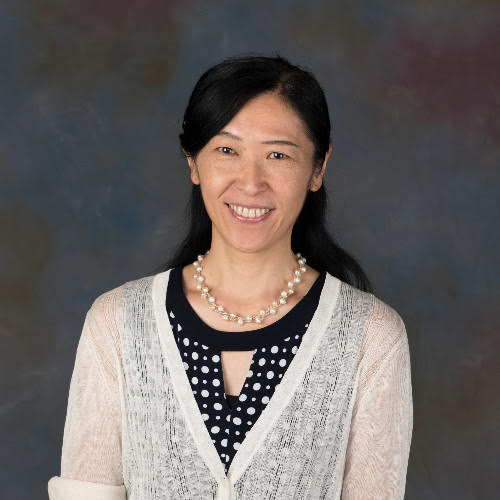A Love For Learning Languages
Distinguished Professor of Japanese and Linguistics Yukari Hirata is a native Japanese speaker, speaking English as her second language. Despite her apparent mastery of English, evident through conversation, Professor Hirata insists that she’s still learning.
When asked about what sparked her interest in studying language, Hirata said that she’s fascinated by the process of thought necessary to learn it.
“Language isn’t just in my life – it’s been my life, basically… learning a second language really doubled my world, literally… you are inspired, you are thinking differently,” Hirata said.
For Professor Hirata, language isn’t just about mechanism; there’s Google Translate for that. Instead, it’s really a lifestyle.
Hirata first came to America to study abroad without knowing a word of English. A doctoral graduate of the University of Chicago, she now serves as Colgate University’s Harrington and Shirley Drake Professor of Japanese and Linguistics, the Chair of the Department of East Asian Languages & Literatures, and the Director of the Linguistics Program.
Adjustment to a new language and culture came with a learning curve, to which Hirata rose to the challenge.
“Just to be surrounded by the culture and having friendly contexts was important for me to improve my language,” said Hirata.
During her time as a student, Hirata studied accents and phonetics to satisfy her own personal interests. But it was not until her PhD program that Hirata came to understand that how you speak affects one’s interactions socially in both implicit and explicit ways.
As for the benefits of learning in a classroom setting, Hirata had some succinct takeaways.
“[By] taking classes you receive a tool to search for questions more systematically,” she said.
Even during her time as a student, Hirata was interested in how people spoke in English and Japanese, and what the different types of speech could mean.
“As a second language learner you get very self-conscious,” Hirata said. “I was hoping that my specialization in phonetics would help second language learners learn their second language better.”
Now, as a Professor of Japanese, Hirata began to notice the same mistakes and pitfalls among her students, and asked herself how she could help improve those expected weaknesses. She hoped her research would be the answer.
Hirata’s research includes computer-assisted training for the acquisition of second language speech. A program, designed by Hirata herself, works by taking input and returning it as speech in order to help students hear elements of Japanese language which aren’t necessarily present in English.
After identifying some of the mistakes that students particularly struggle with, Hirata’s program allows students to pay attention to specific parts of words to help develop an ear for the target language.
“It’s a hard thing in a classroom where you have to pay attention to the vocabulary and the meaning and there’s so much going on, but with the computer you’re just focused on listening,” Hirata said.
A new program developed by Professor Hirata uses these foundations of language (visual and auditory multimodal perception), such as tone and pitch, in order to help students achieve this native level of understanding, or at least something close to it. This particular program maps out language in a more spatial way, according to Hirata, so that students can visually see high and low tones in words.
Teaching Japanese to students has also given Professor Hirata a new and exciting perspective on language acquisition.
“Along the way you get to teach culture as well as language, which is an inseparable part… you raise another person in the same student,” Hirata said.
This cultural and personal transformation is a part of language learning which is often overlooked by the general public who, according to Hirata, tend to see language as a means of conveying a message or participating in a negotiation. Rather, cultural knowledge is needed to communicate effectively with people from different backgrounds.
For Hirata, it only takes learning one new language to change your life; not by simply memorizing, but recognizing and appreciating the interconnectivity between culture and language.
“You find out a certain part of yourself that you didn’t know about,” she said. “If you get to the depth of one language (besides your language), that really changes your life.”






